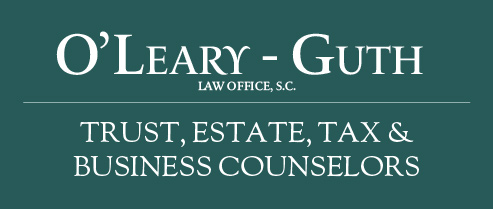Will Rising Deficits Lead to Higher Tax Rates?
Posted: May 1, 2020
The war to contain the COVID-19 pandemic in the U.S. has led to a surge in government spending comparable to the ramp-up in spending to finance World War II. This has led to questions about whether the current crisis will lead to higher tax rates, as was the case following the end of WWII.
In the second half of the 1930s, federal government spending as a percentage of the economy (gross domestic product) was relatively steady at around 10%. Tax revenue as a percent of GDP remained no higher than 7.8%.
By 1942, the year after the bombing of Pearl Harbor, outlays jumped to 24% of GDP and exceeded 40% in 1942-1945, when the U.S. was fully engaged in the war. The top individual tax rate jumped from 63% in 1935 to 94% for 1944-1945, and remained in the 80%-to-90% range through the early 1960s. After the war, tax revenue as a percent of GDP averaged 14% and was no lower than 11%.
One factor that will likely drive taxes up is the ballooning deficit. New estimates released in April by the Congressional Budget Office project that the federal deficit will rise to $3.7 trillion in fiscal year 2020, and will hit $2.1 trillion in FY2021. That’s up sharply from CBO’s March forecasts of roughly $1 trillion for each of those years.
Some economists have postulated that because interest rates are low, and are likely to stay low, taxes will not need to be raised because the government can borrow cheaply to finance and service the growing deficit. Then again, World War II—and, World War I and the Vietnam War as well —were followed by nasty bouts of inflation. And, higher inflation is usually accompanied by higher tax rates.
No one can say for certain what the future holds, but higher taxes are a distinct possibility. One tax that is ripe for being raised is the estate tax. The amount that can be given away tax free at death is already scheduled to be cut in half in 2025, and further hikes in the estate tax are expected if the Democrats seize control in Washington after the 2020 election. After all, a dead taxpayer does not vote (supposedly).
The good news is that current law, combined with ultra-low interest rates, makes it an ideal time to transfer wealth to children and grandchildren. Please contact us if you would like to discuss how you can take advantage of this once in a lifetime opportunity.
Andrew J. Willms, Esq.
Schedule an appointment with us today.
Meet with a knowledgeable attorney who specializes in your area of law.
1251 W. Glen Oaks Lane, Mequon, WI 53092
F: (262) 238-6999
